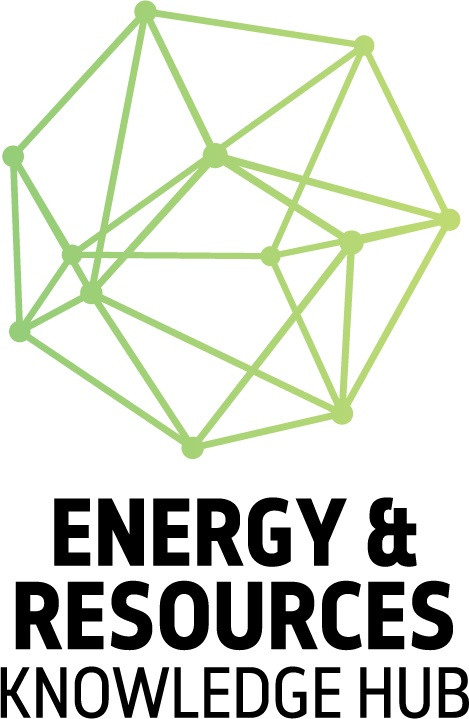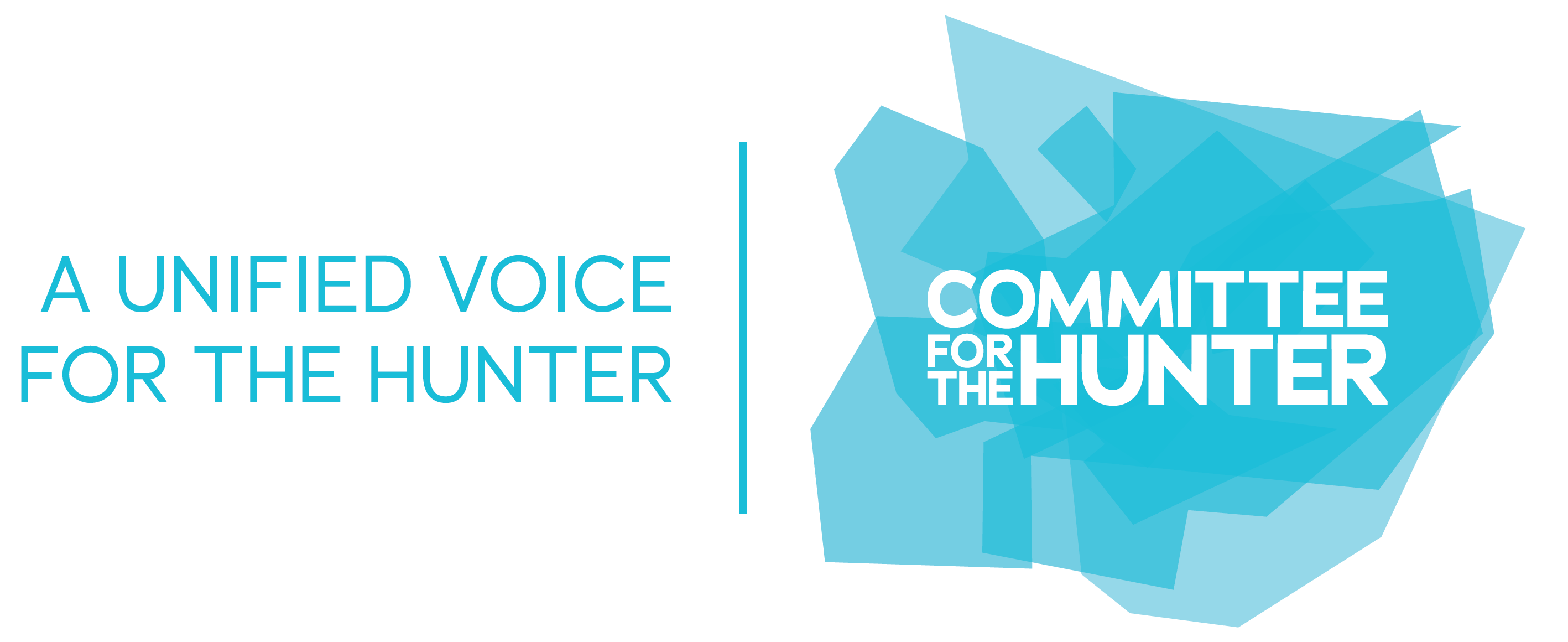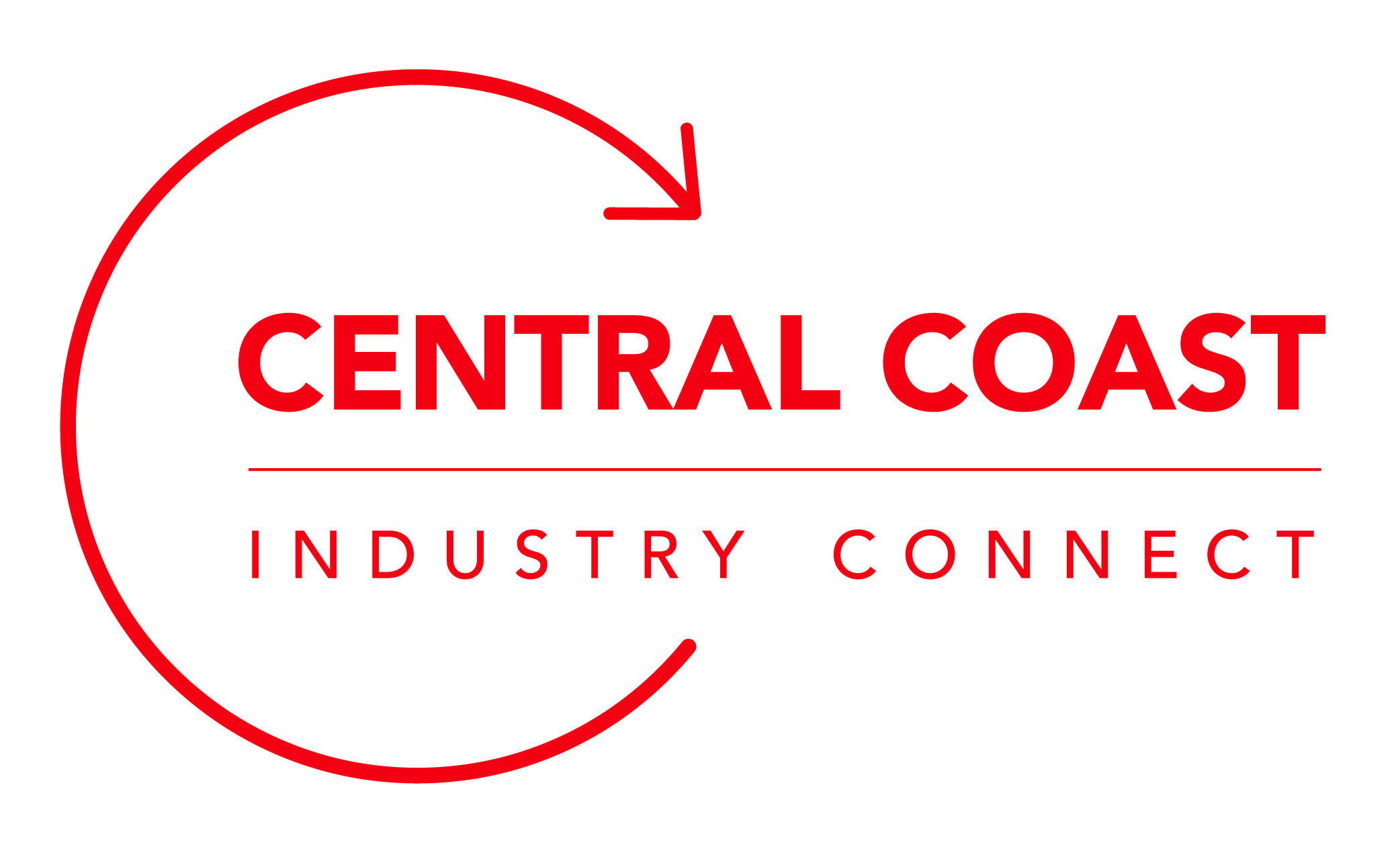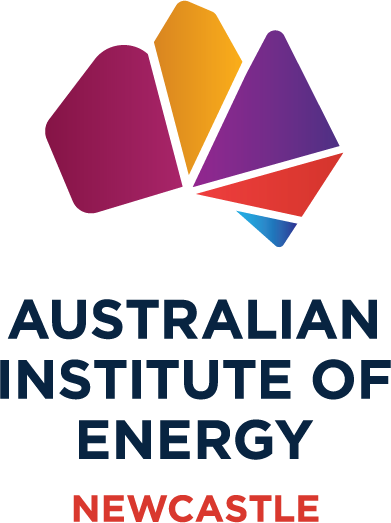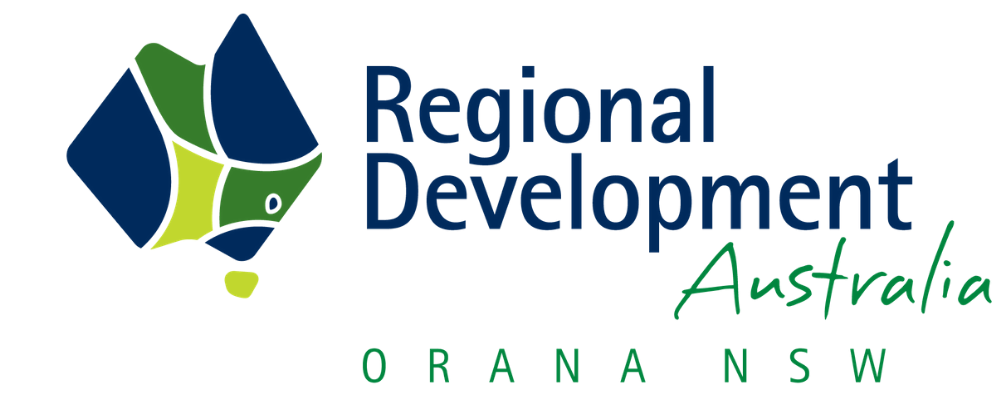EU Energy Commissioner visits Australia to ratify climate and energy cooperation
During her Australian visit, the Commissioner is meeting with Ministers, and researchers working in leading research and technology hubs for energy innovation including on hydrogen, storage and electricity grids.

European Commissioner for Energy Kadri Simson is in Australia until 8 April to engage with government representatives and stakeholders to enhance bilateral cooperation in the field of energy.
Fruit of the visit, the Joint Press Statement on EU-Australia energy relations, ratifies long standing cooperation, both bilaterally and in multilateral fora, between the EU and Australia, including on climate change and the energy transition.
Simson released a joint statement yesterday with Chris Bowen MP, Minister for Climate Change and Energy and Madeleine King MP, Minister for Resources and Minister for Northern Australia.
The Statement begins with agreement on broad goals related to climate change and energy transformation.
1. The EU and Australia share an unwavering commitment to full and timely implementation of the Paris Agreement and to cooperation, bilaterally and in all relevant multilateral fora, to accelerate the global clean energy transformation, including deployment of renewable energy as the cheapest form of energy, and transition away from fossil fuels in energy systems so as to achieve net zero by 2050 and keep 1.5°C within reach.
2. The EU and Australia recognise that climate change represents a threat to the livelihoods, security and wellbeing of our people. They share a steadfast commitment to accelerating the rollout of renewable energy to reduce cost of living pressures for households and delivering ambitious but achievable NDCs ahead of COP30 to safeguard the security and strategic independence of their people.
3. The EU and Australia welcome the finalisation of the first Global Stocktake at COP28 and reaffirm its outcomes, including the call for next nationally determined contributions to include ambitious, economy-wide emission reduction targets, covering all greenhouse gases, sectors and categories and aligned with limiting global warming to 1.5°C. They intend to cooperate in implementation of the COP28 Global Renewables and Energy Efficiency Pledge, and on unlocking finance for the clean energy transition, particularly in developing countries. They look forward to continuing close cooperation on energy issues before and at COP29.
Commitments regarding Electricity and energy efficiency follow, before the statement explores shared undertakings regarding hydrogen.
Hydrogen
- The EU and Australia recognise the important contribution of renewable hydrogen and its derivatives to the clean energy transition, providing opportunities for the decarbonisation of hard-to-abate sectors, including steel, aluminium, ammonia, chemicals production and heavy transport. They support the rapid development of a global hydrogen industry and establishment of reliable hydrogen supply chains. They welcomed Australia’s Hydrogen Headstart program and its commitment to refreshing the Australian National Hydrogen Strategy, and the EU’s work towards ambitious hydrogen targets under REPowerEU.
- Both the EU and Australia take note of the importance of cooperating on hydrogen production, ensuring broad adoption of renewable hydrogen technologies, creating hydrogen hubs, and using renewable hydrogen primarily in sectors where direct electrification poses a challenge. They welcome the developed network of cooperation initiatives between the EU and Australia at the national and sub-national levels, and between ports and producers in the private sector.
- The EU and Australia intend to foster rules-based, transparent, and undistorted global markets for renewable hydrogen and its derivatives based on reliable supply chains and certification schemes
Further commitments are then defined in the statement, detailing Social dimensions of the energy transformation; Industrial carbon management; Critical minerals for the clean energy transition; Global LNG markets; Methane emissions abatement in the energy sector; and, Trade and the clean energy transition.





